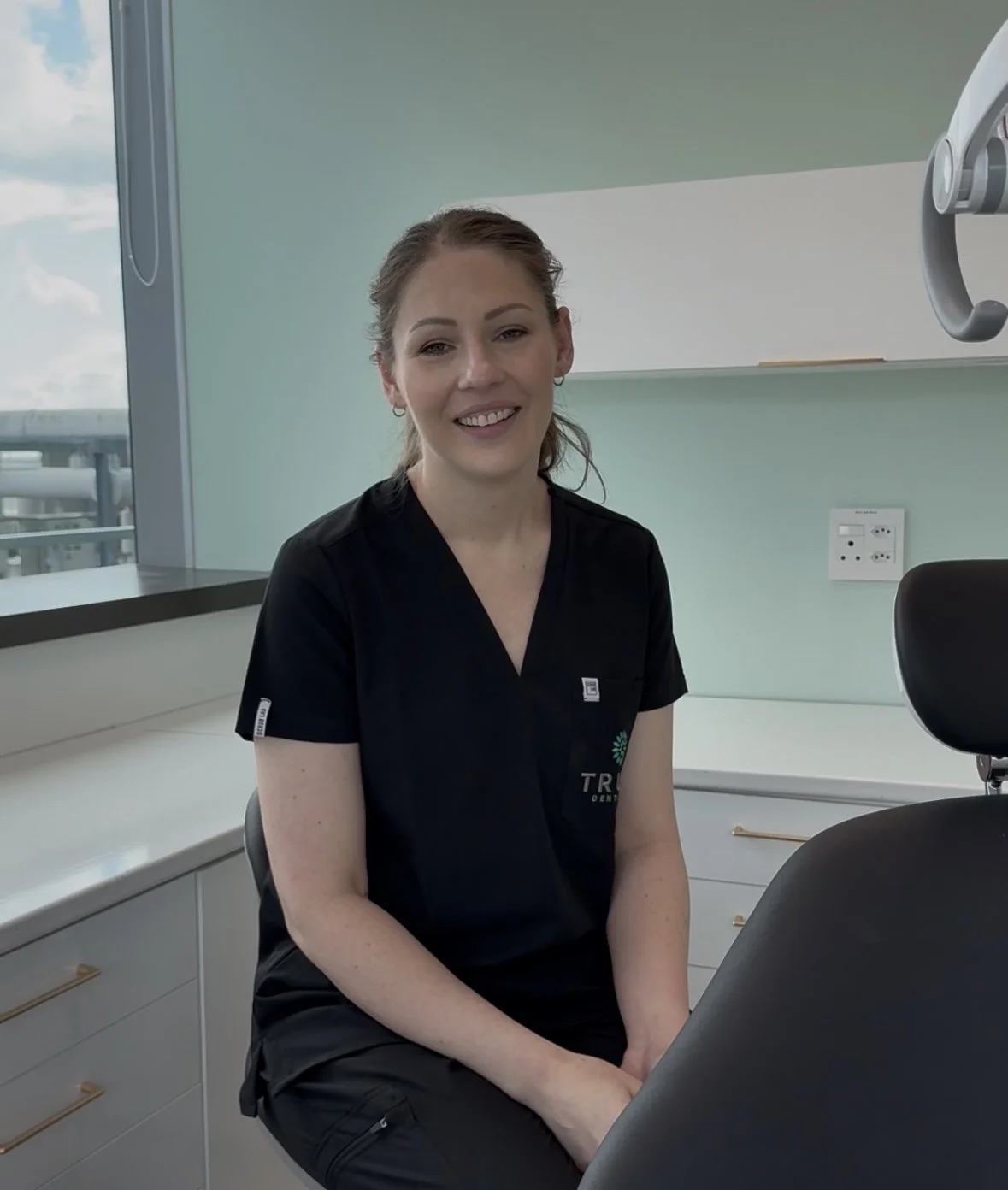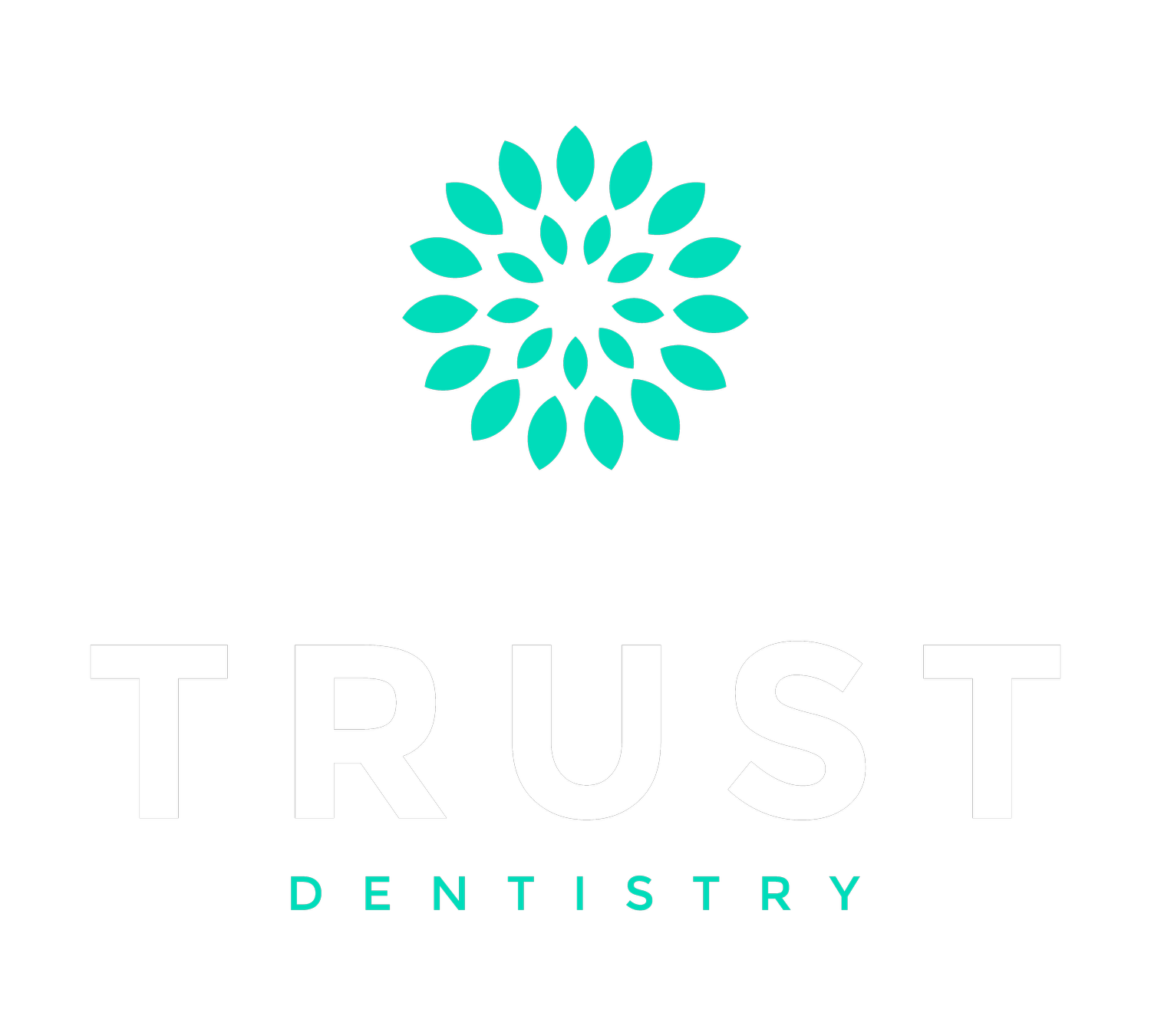
Blog

COHA: Nutrition and oral health
What you eat directly shapes not only your overall wellbeing but also the health of your teeth and gums. Within the Comprehensive Oral Health Assessment (COHA), nutrition is one of 16 interconnected categories that together define your oral and systemic wellness.

How COHA Turns Your Dental Visit into a Whole-Body Health Check
Learn how the Comprehensive Oral Health Assessment (COHA) bridges dentistry and overall health, offering early detection, personalized care, and Discovery Vitality rewards.

National Oral Health Month - Revolutionising dental care through wellness integration
Trust Dentistry is almost ready to welcome you!

